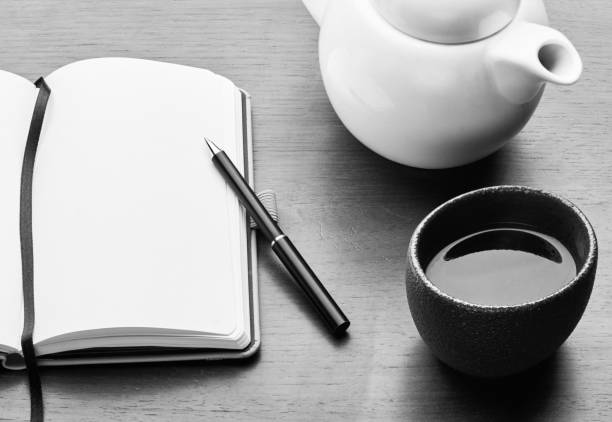People drink for all sorts of reasons—they enjoy the taste, it pairs nicely with their meal, it’s an occasion to celebrate, they need to relax or unwind, and the list goes on. However, what I’ve noticed is that we don’t really stop to get curious about the “why” behind our specific reasons.
Making a decision to take a break from alcohol—for the month of January or for any amount of time—allows us to get curious about our relationship with drinking. It gives us the space to examine what lies beneath our desires—and possibly, what drives our compulsion to reach for the drink instead of attempting to get our needs met some other way. Overall, it helps us to make the unconscious conscious. This is how we begin to “grow down” into our true potential, like the roots of a tree hitting the water table and nourishing the entire system.
For many years, I looked back on the six weeks I decided not to drink in my 20s, without connecting the dots to recognize why I made that decision in the first place: Although I didn’t have a way of articulating it at the time, not drinking was what made me feel more alive and connected to who I really was. However, I’d unconsciously associated drinking with an aspect of my identity that felt difficult to shrug off—so it didn’t even compute that doing it wasn’t actually a genuine source of enjoyment. It took many years for the message to get through and for me to quit drinking for good.
If you’re like me and you hear a tiny voice urging you to take a break from alcohol, consider that this might be your soul talking to you. I highly advise you to listen to it!
Here are some of my tips for navigating “Dry January”:
- Be willing to engage your curiosity about the “why.” Instead of stopping at the fact that it’s a common New Year’s resolution or you’ve had friends posting about Dry January on Instagram, personalize it by digging a little deeper. How does it make you feel to take time off from drinking? What’s calling you to this choice right now? Be compassionate with yourself—but more important, be honest.
- Keep track of what you’re feeling when the urge to have a drink comes up. For example, maybe you’re bored, or you’re trying to push away an uncomfortable emotion. Or maybe you’re happy and want to have fun, and drinking is the way you’ve traditionally cut loose. Instead of fulfilling the urge, stay with the feeling that comes up. Often, identifying what’s happening in your inner world is the first step to understanding yourself, exercising compassionate self-control, and steering your ship in the direction of greater health and happiness.
- Be prepared to answer the question, “Why aren’t you drinking?” Because I promise you, people will ask! It’s your choice as to how you’ll respond, though. You’re not obligated to share more than you feel comfortable with—remember, there’s a huge difference between privacy and secrecy. Feel free to be honest about your reasons without going into detail or inviting a conversation you don’t want to have. No matter what, always rest in the assurance that you’re following the whisper from your soul!
- Ask a friend to go on this journey with you. For some people who may already drink only occasionally, Dry January will be a fairly straightforward experience; but for those who have a more complicated relationship with alcohol, it could be fraught with certain emotions and obstacles. It’s always easier to stay the course when you’re doing it with a buddy; you can discuss how you’re feeling along the way, and experience the sense of validation that comes from knowing you’re not alone!
- Lastly, if you’re having trouble not drinking and recognize this could be more of a problem than you initially thought, don’t hesitate to ask for help. It takes courage to acknowledge that you need help—and remember, you’re reaching out for support as a way of gaining clarity and wisdom in your life.
